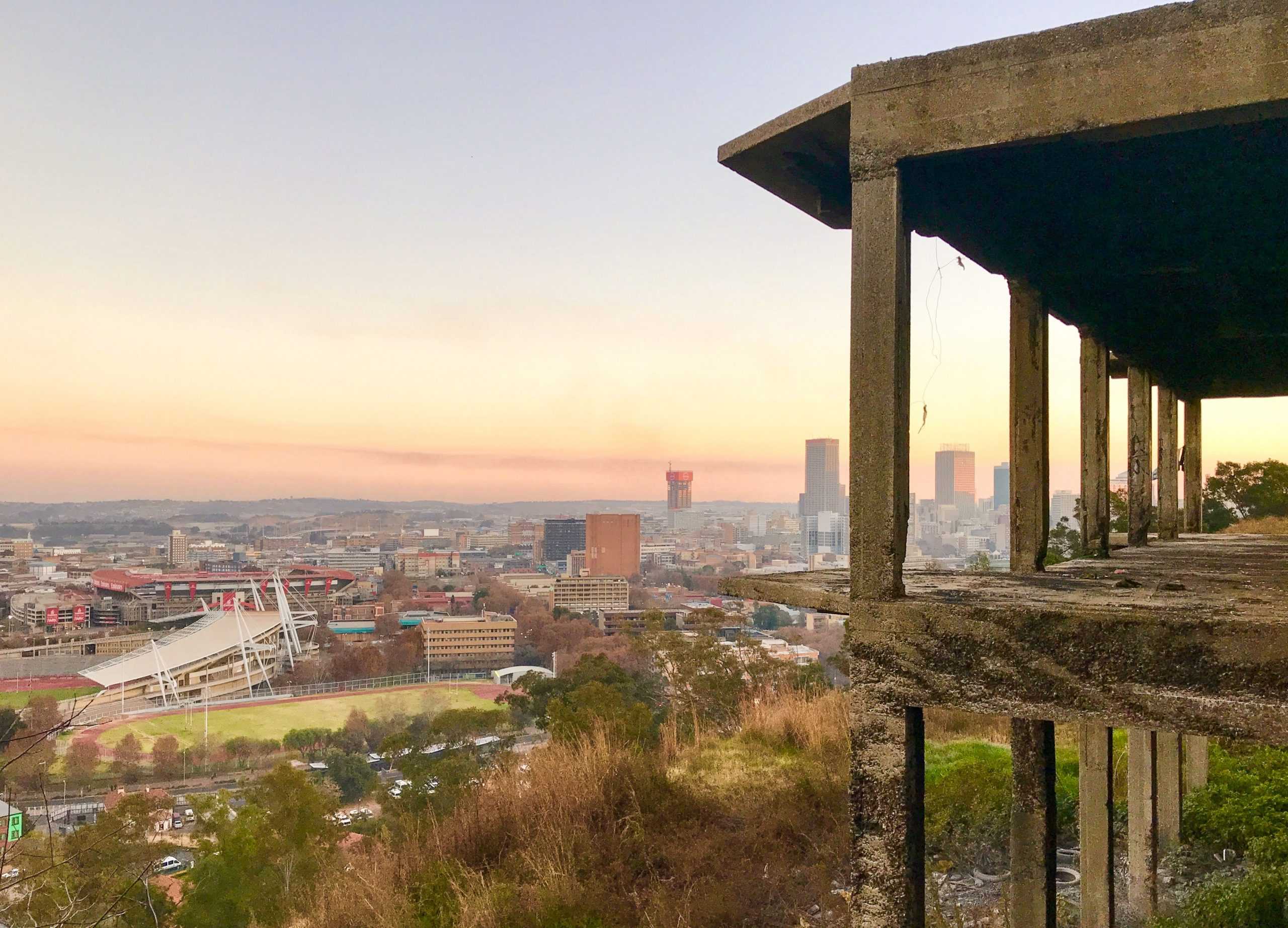After nearly a year without university-sponsored study abroad due to the coronavirus pandemic, a lot of hope is riding on St. Joe’s summer programs. But so far, one of the three programs is canceled, and decisions for the other two summer programs have not yet been made.
On Feb. 19, the Center for International Programs (CIP) canceled the program in Greece, which was set to run from May 24 to June 25. A decision will be made for the Rome summer program by March 15 and for the South Africa summer program by April 5, according to Thomas Kesaris, CIP director. Rome participants are currently set to depart June 27 and South Africa participants on July 8.
Kesaris wrote in response to written questions from The Hawk that protecting the health and safety of participants drives the decision on whether or not to run summer programs.
“St. Joe’s takes guidance from the U.S. Centers for Disease Control, the U.S. Department of State, and the World Health Organization,” Kesaris said. “When making decisions about specific programs, we also consider local conditions as well as input from peer institutions and our overseas partners.”
Allison Lewin, Ph.D., associate professor of history, said she was looking forward to her fifth trip teaching in the Greece program. She said it is unfortunate the program was canceled, as it can be a transformative experience for students.
“Something that gets you into a different way of life is invaluable,” Lewin said. “It’s part of the reason I love history. It also gives you a chance to see how other people lived and how they experience their worlds and what sense they made of it.”
Anna Dorneman ’24 applied for the program in Greece this year. As a first-year student, though, she knows she has a chance to go again.
“I picked Greece because it is a region that I have always wanted to visit,” Dorneman said. “I like the architecture and history there. I am hoping to go next year on the same trip, if available.”
Kesaris said there has been a decline in applications this year, “likely due to COVID-19 uncertainty.”
In 2020, all summer programs were filled, Kesaris said, with 25 students confirmed for Rome, 22 for Greece and nine for South Africa. All of the programs ended up being canceled because of the pandemic. This year, Greece had 14 applicants, Rome has 17 applicants and South Africa has seven, so far.
“Part of the problem is that some of the providers, particularly the airlines, need a hard commitment by a fairly early date, which means money, usually not refundable money,” Lewin said. “So it’s very understandable that most students looked at that and thought, ‘No, not this year.’”
Unlike in past years, CIP is providing refunds for all program deposits this year, which are due at the time of application. The application due date for Greece was Feb. 15. Rome applications were due March 1 and South Africa applications are due April 1. Any payments made before CIP might cancel a program would be refundable as well, Kesaris confirmed.
Kesaris said if a program is approved, students participating will receive details of health and safety protocols and will be required to attend a health and safety training session that will include specifications on safe travel during the coronavirus pandemic.
“In addition, CIP advisors are available to meet with students and discuss any specific concerns,” Kesaris said. “As with any study abroad experience, we encourage students to research, reach out with questions, and carefully consider all program information shared to make an informed decision for travel.”
Whether or not students will be required to be vaccinated before going abroad will vary depending on which country the students will be visiting, Kesaris said.
Katie Rosta ’22 was planning on studying abroad last summer in South Africa before the program was canceled due to COVID-19.
“I had everything set up. I was accepted into the program, and when I didn’t get to go, I was really upset,” Rosta said. “I understood. I kind of saw it coming a mile away, but it was a really big opportunity, so I was excited to go.”
Rosta said while she is hopeful that she’ll be able to participate in the South Africa program this year, she is still nervous.
“I would love to be able to get the vaccine before going,” Rosta said. “Obviously, my decision to go abroad is not nearly as important as people’s health conditions and essential workers, but if we are at a place in our country where people who don’t have health conditions can have access to the vaccine, I would be so excited to get it before going.”
Rosta said while she thinks there is a 50/50 chance that the program will happen this year, she applied again anyway.
“I wouldn’t say that I’m particularly confident that I’ll be going, but I’d be kicking myself if the trip did go and I wasn’t there,” she said. “So I figure I’ll do everything in my power to keep myself safe. There’s not much more I can do other than stay safe and stay healthy.”



















































